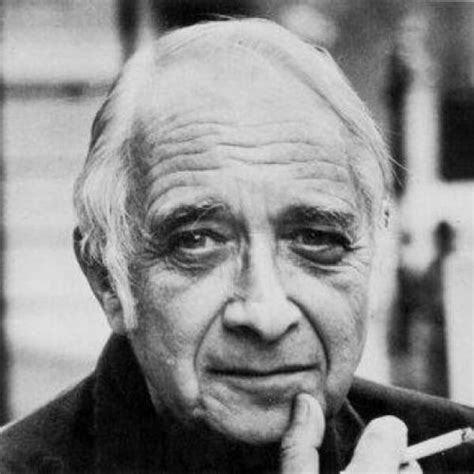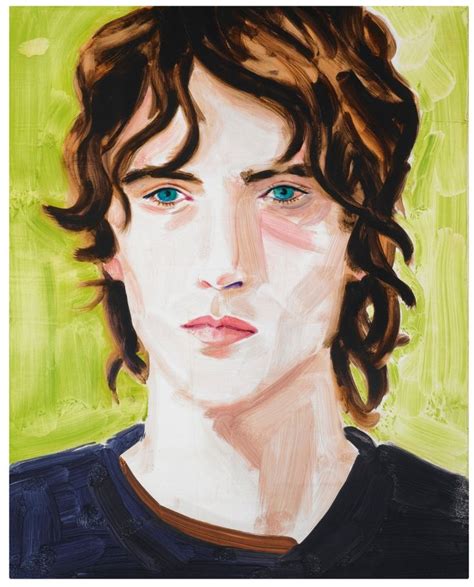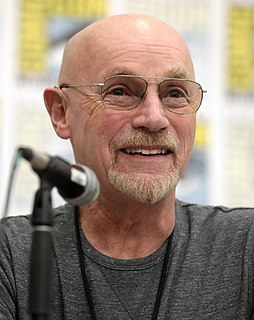A Quote by Arnold Gehlen
From now on there is no longer any development immanent to art. The times have passed for history of art with a logical sense. There is no longer even any consistency in absurdities; the development has been wound up, and what comes now already exists: the syncretism of a muddle of all styles and possibilities, post-history.
Related Quotes
Imagine it's 1981. You're an artist, in love with art, smitten with art history. You're also a woman, with almost no mentors to look to; art history just isn't that into you. Any woman approaching art history in the early eighties was attempting to enter an almost foreign country, a restricted and exclusionary domain that spoke a private language.
Directing takes a lot longer than acting. This was about seven years in development, and then two and a half years with pre-production, production, post and now the release. Not that I have people banging on my door to star in movies, but it takes me out of the acting game for a longer chunk of time.
Let's say that history is what happened. The record of what happened is how each individual happens to see those events. They've already been ?ltered. When the historian or biographer takes over, history is no longer exactly what happened, because there has been a process of selection going on; it's impossible to write about anyone, any event, in any period of time, without in some way imposing, even unconsciously, your own standards, your own values.
When I started in the comic book business, 'Art Of' books were strictly the provenance of the greats, like Rembrandt and Da Vinci. But times change, and so do attitudes. Now the comic is considered an art form, and I hope 'A Life in Words and Pictures' contributes a little to that art form's history.
So long as the processes of healing were not understood and man thought that the power to heal resided in substances and things outside of him, he logically sought for extrinsic means of healing, and a healing art was a logical development. The system of medicine, as we know it today, was a logical development out of the fallacy that healing power resides in extrinsic sources.
We must be able to appreciate and enjoy the places where we tarry and yet pass on without anguish when we are called elsewhere. In our spiritual development we are often required to pull up roots many times and to close many chapters in our lives until we are no longer attached to any material thing and can love all people without any attachment to them.









































